Taylor Swift Says “[Lover] Is The First That I Will Own of My Work”
Taylor Swift announces that she will re-record albums one through five, and discusses the importance and significance of owning your own work as an artist.
Last week, Taylor Swift confirmed that she’s planning to re-record her existing catalog to regain full artistic and financial rights to her material after her former record label, Big Machine Label Group, was sold in a reported $300 million deal.

In an interview with Good Morning America, Swift describes the importance of Lover, her seventh studio album released last week, saying, “One thing about this album that’s really special to me is that it’s the first one that I will own.” When asked why that’s so important to her, she goes on to say, “I think that artists deserve to own their work. I just feel very passionately about that.”
The Backstory
Swift signed to Big Machine in 2006, which included giving the label ownership of her master recordings—also called masters, which are the original song recordings—and quickly became their dominant artist, releasing her first six studio albums. Last fall, Swift left Big Machine and signed to Universal Music Group, who gives her full ownership of her work, including Lover, that pre-sold 1 million copies. In July, Big Machine announced that they were sold to Ithaca Holdings, an umbrella company owned by Scooter Braun, manager of Justin Bieber and Ariana Grande, among others—Braun, who Swift claims has bullied her in the past, now owns all of her past releases.
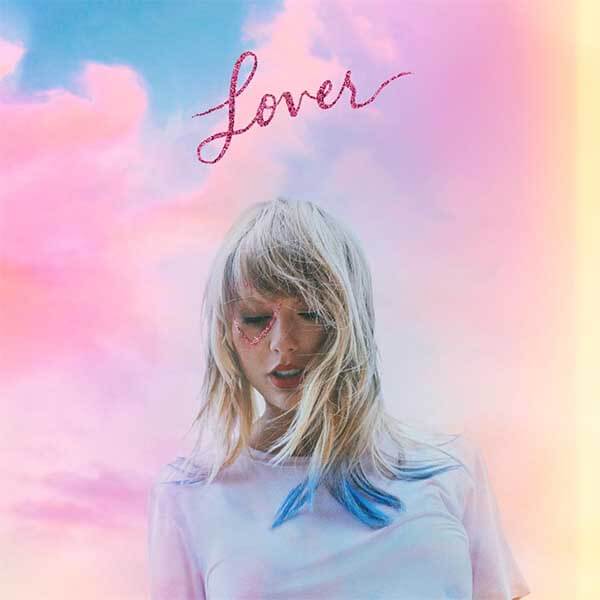
In Her Own Words
In a blog post last Sunday, Swift writes that she was unaware of the deal, and called the sale “my worst-case scenario,” alluding to Braun’s past involvement in feuds between her and artists he manages, including Kanye West.
“For years, I asked, pleaded for a chance to own my work. Instead I was given an opportunity to sign back up to Big Machine Records and ‘earn’ one album back at a time, one for every new one I turned in. I walked away because I knew once I signed that contract, Scott Borchetta would sell the label, thereby selling me and my future. I had to make the excruciating choice to leave behind my past.”
An Unfortunately Common Issue In the Music Industry
Swift’s predicament is an example of an artist signing away their master rights in exchange for a record deal advance payment. Whoever owns the master rights has the power to decide how the songs are used—streaming services, downloads, radio play, movie or television soundtracks, etc.—and in Swift’s case, Ithaca Holdings now owns the masters to her first six albums, which includes all royalties. Without these rights, a musician has no creative control or say in how the songs are used, nor do they get paid for the use of their work—and often times, the cost to buy back the body of work is extreme.
Unfortunately, this is a tale as old as time: Prince, Janet Jackson, Courtney Love, and Brandy are a few examples of other major artists who have had legal battles over their master rights. Independent musicians and those on a smaller scale face the same consequences when signing to a label. And while there’s a lot of information on this subject, more than we can include here (stay tuned for our follow ups on licensing and rights), Prince said it best in an interview with Rolling Stone: “If you don’t own your masters, your master owns you.”
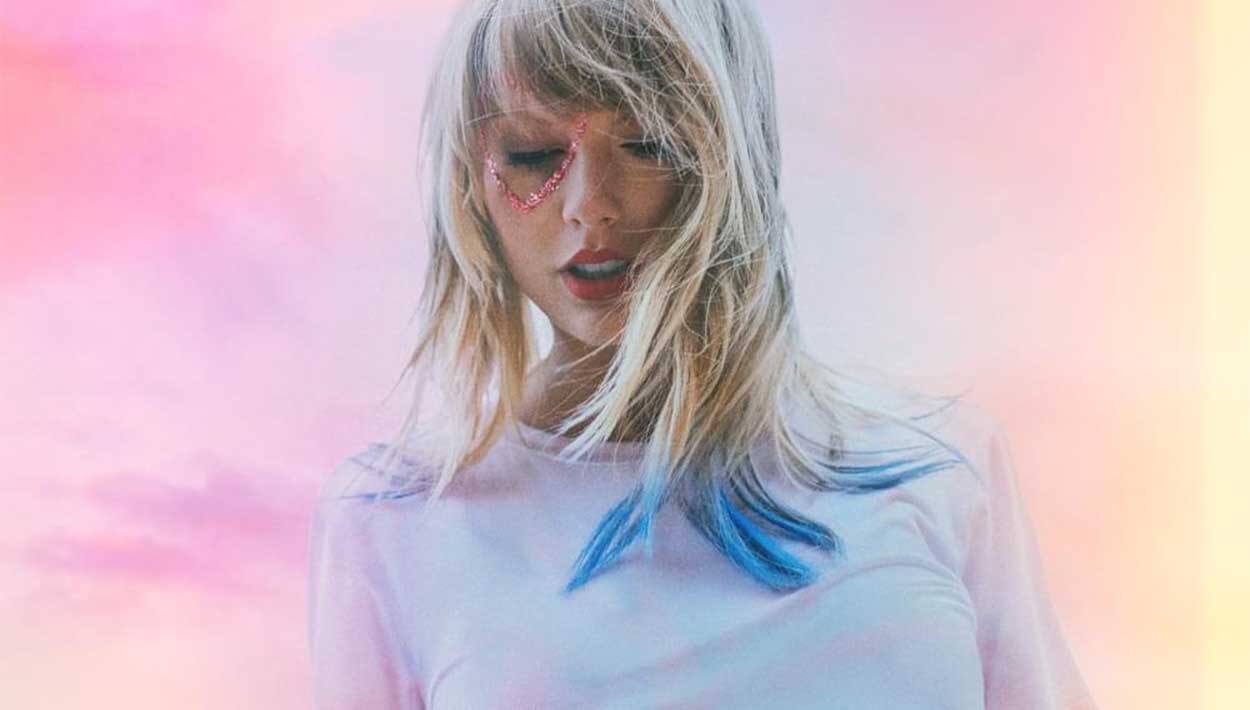

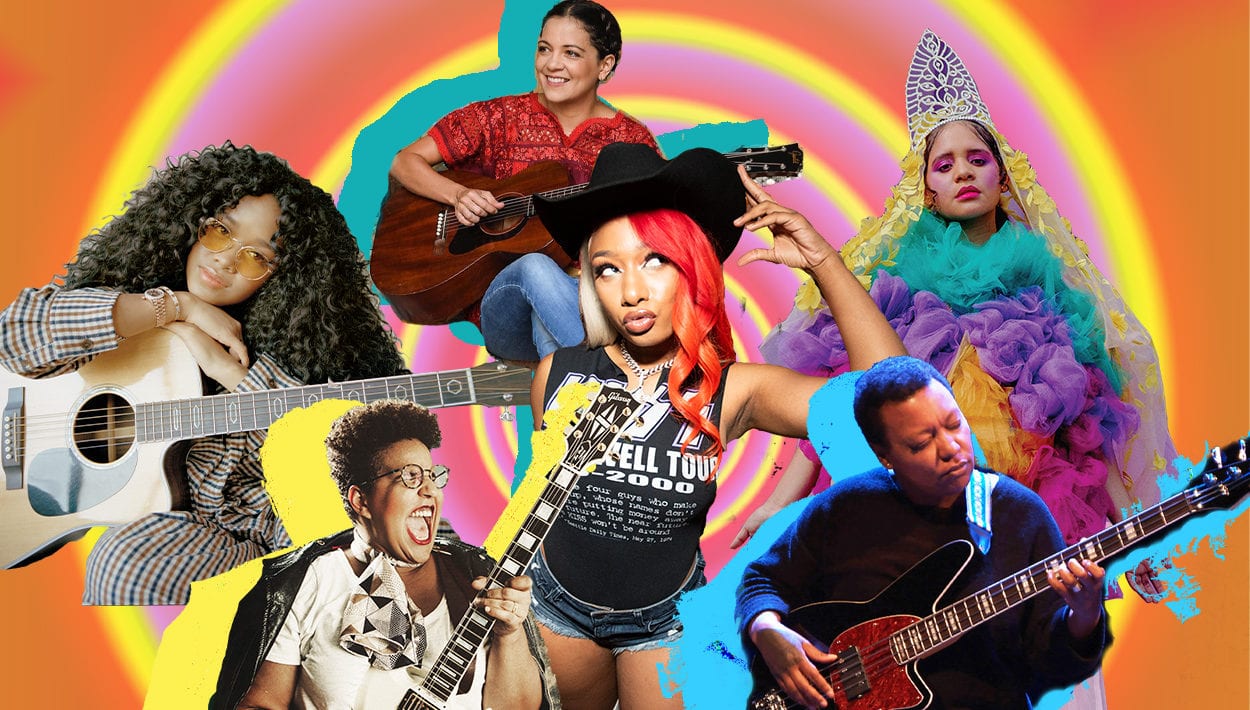
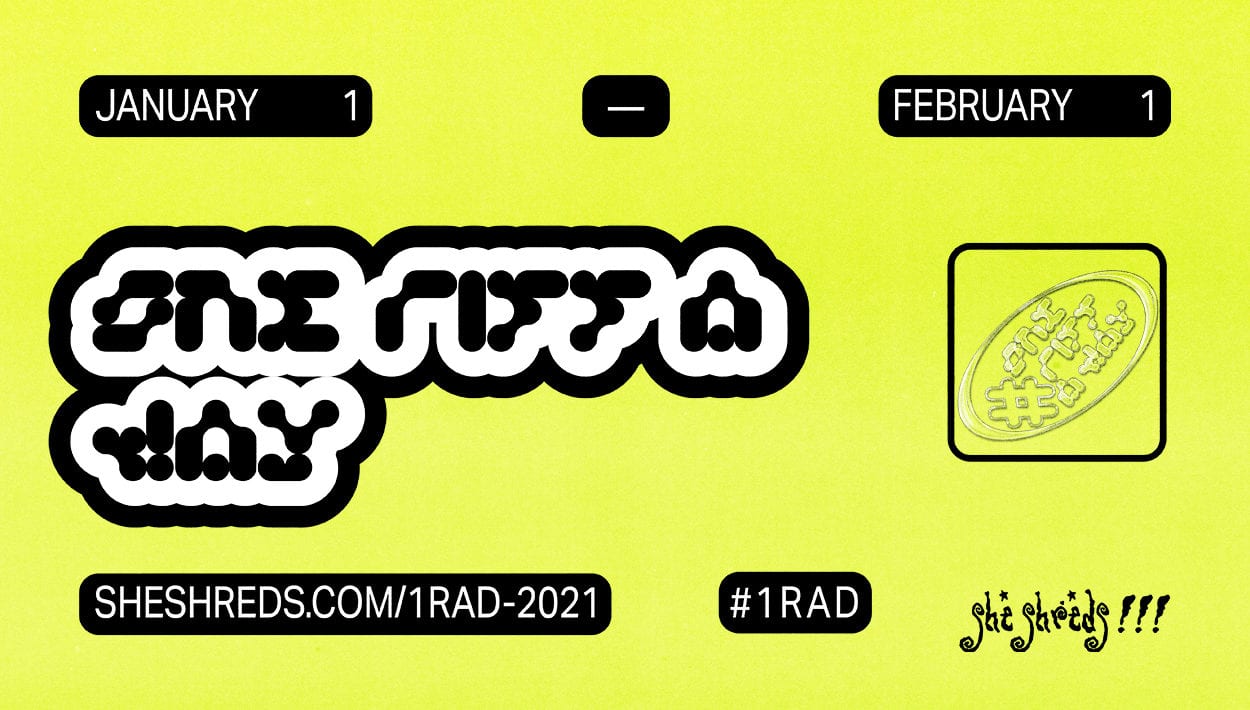

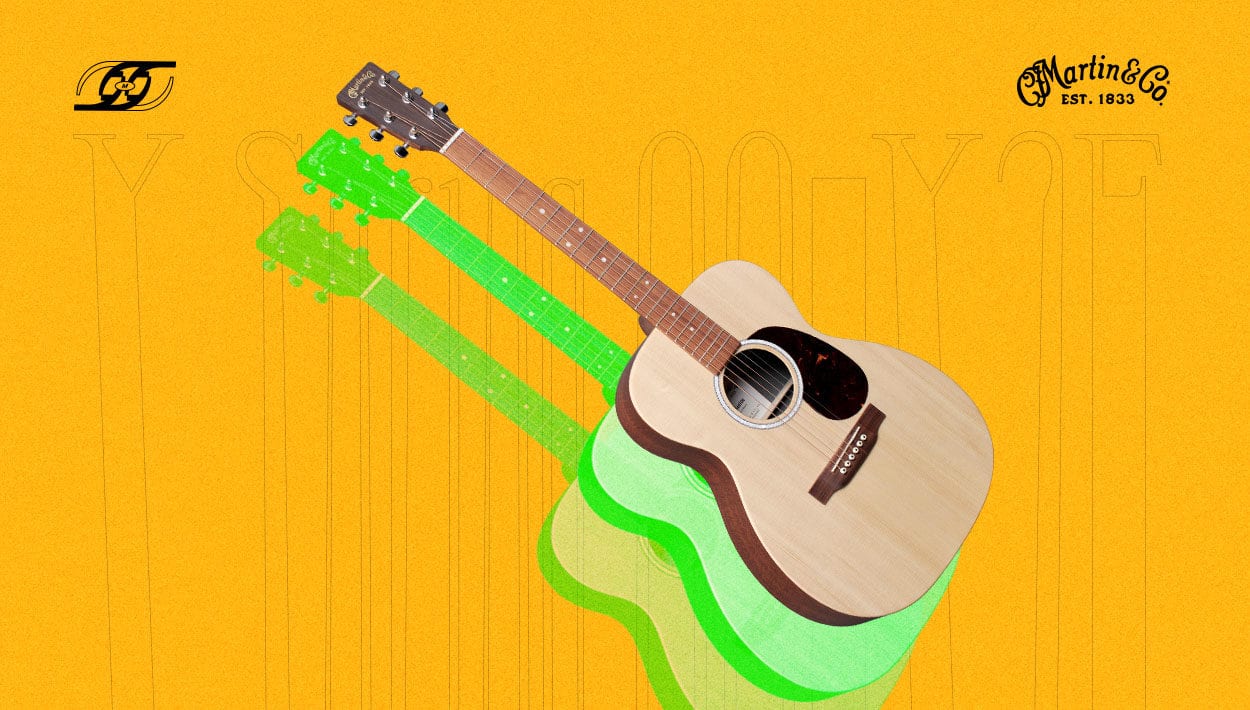

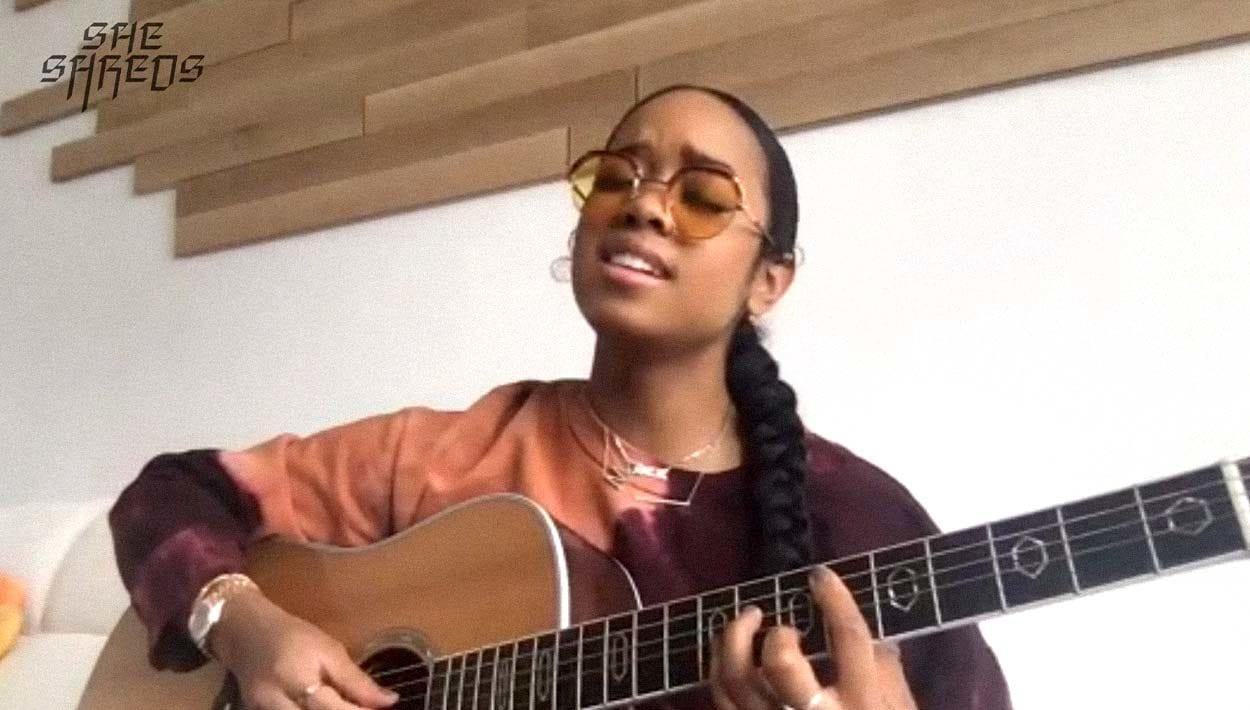
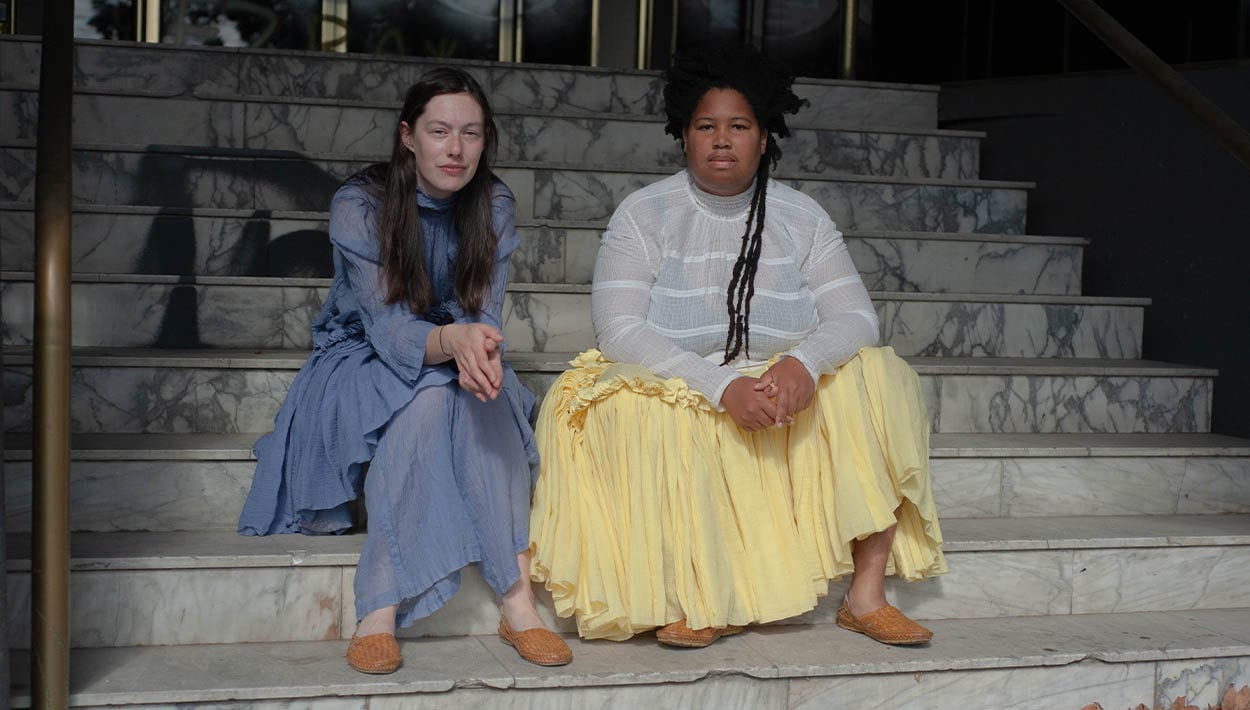
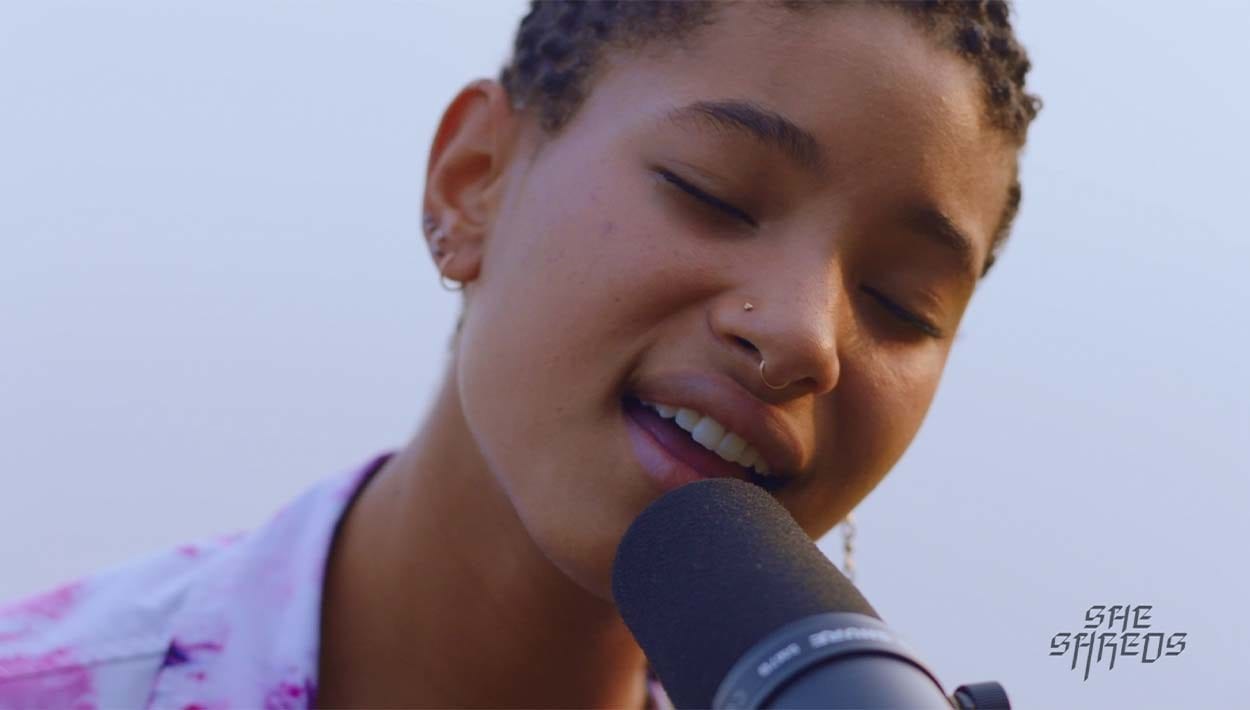
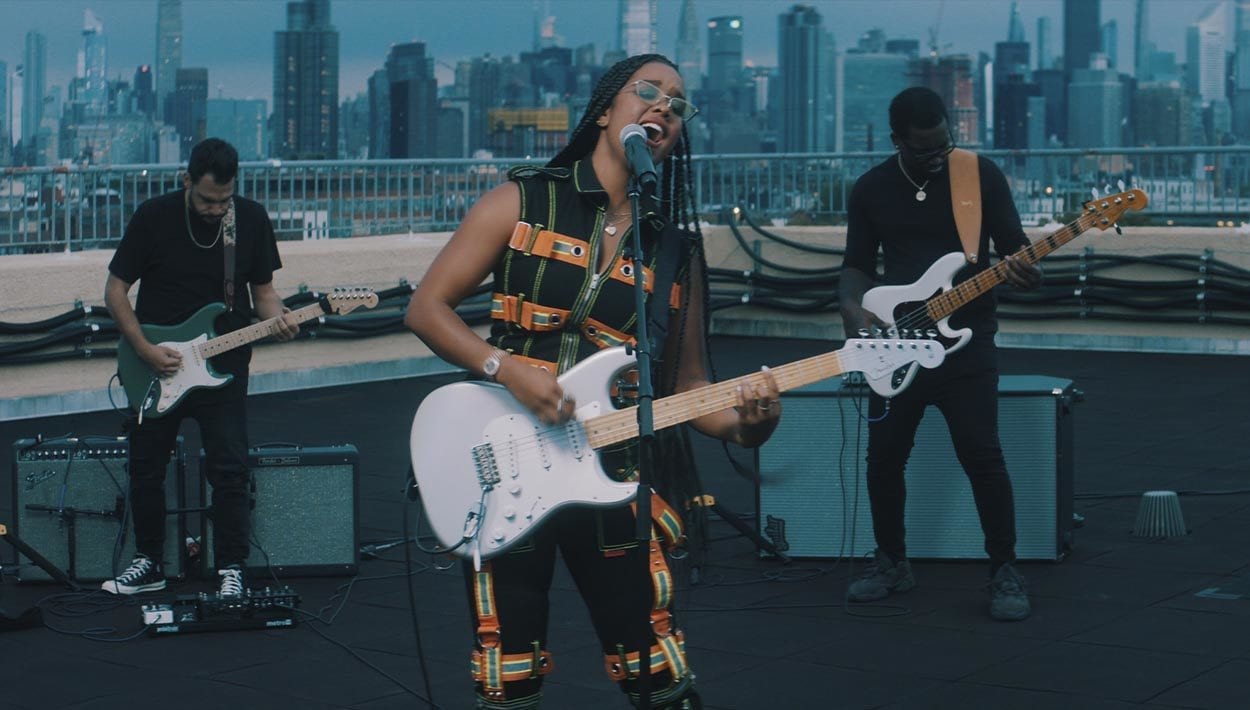
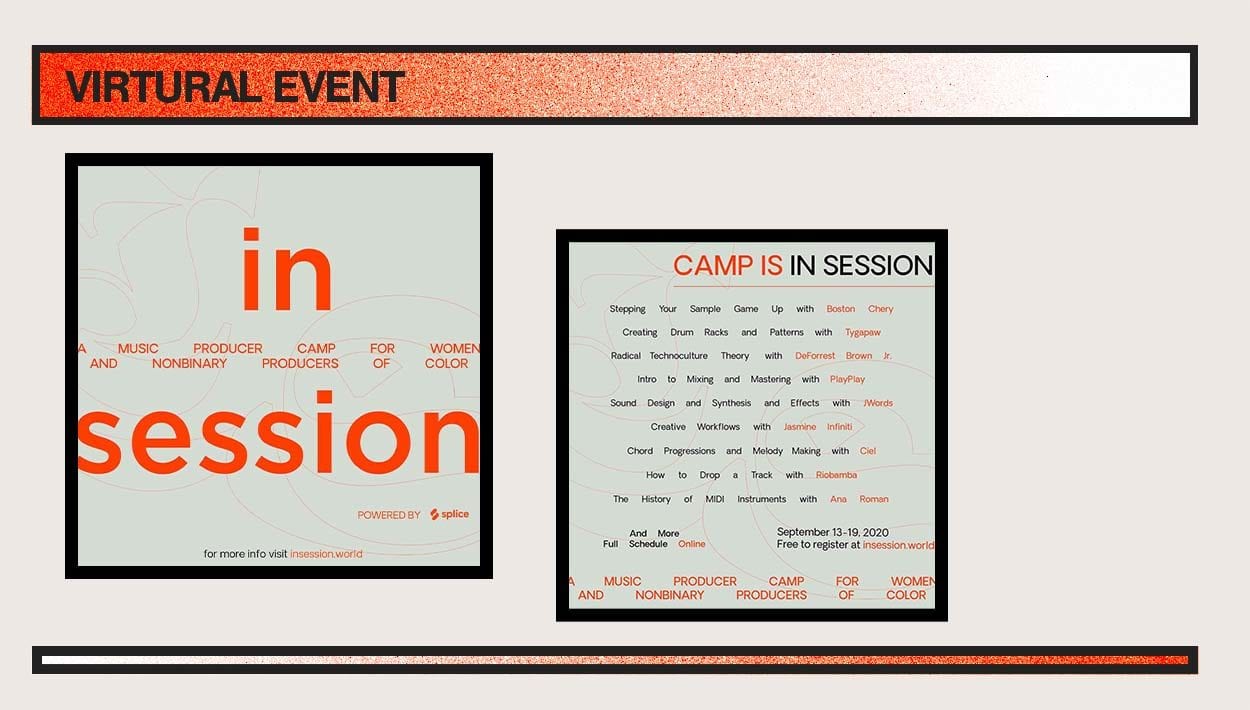


Comments
Duck Life will always be proud of your work. But for a healthier option, I think you should play this racing game in the free time.
Comment by romance Bob on November 9, 2023 at 12:06 am